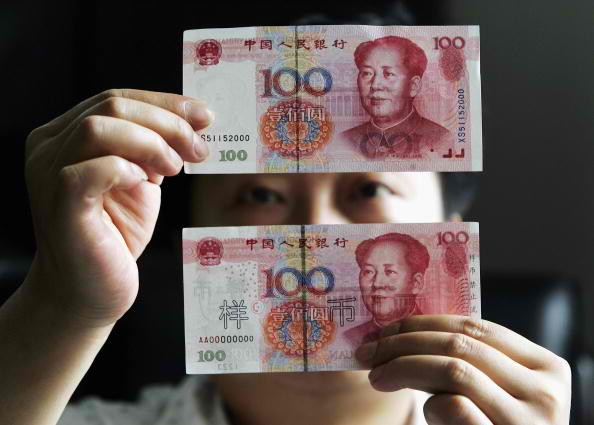For years, incoming foreign direct investment (FDI) was essential for China’s exports and the development of its economy during its labor-rich era. However, FDI has since decreased with more outbound direct investment (ODI), according to a report by CCTV news.
Although outbound investments are making headlines globally, back in China, it has not contributed to allaying fears of capital flight.
Furthermore, in 2016, data revealed by the report shows that non-financial ODI increased by 44.1 percent, equivalent to $170 billion. Inbound FDI has been outstripped by more than $50 billion. In addition, outbound capital has settled in 164 countries outside of China.
Investment should be tempered with reasonable policies
For Pan Gongsheng, head of the State Administration of Foreign Exchange (SAFE), China has always been open to outward investment, but not when it is loosely conducted.
Some companies bearing high debt have opted to borrow money to invest overseas and many others have attempted to send and hide assets overseas under the guise of outbound investment, according to Pan.
Central bank governor, Zhou Xiaochuan, even heavily criticized hasty outbound investment in the sports and entertainment industries, which do not contribute heavily to the economy.
Increased efforts in tracking down illegal capital flows
Moreover, China now possesses the world’s largest stash storage of foreign reserves. Due to the decline of the forex stockpile from around $4 trillion to just below $3 trillion, regulators have since cracked down on illegal capital flows.
In addition, regulators state that normal business will not be affected despite the intensified operations against cross-border capital flows.
The Chinese yuan is not readily convertible under the capital account and outbound investment remains under the jurisdiction of certain controls, the CCTV report furthers.
Moreover, many analysts and observers have witnessed terminated projects as investors were unable to demonstrate their legitimacy.



























